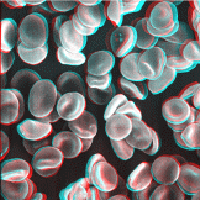Article
Latest Oral Drug Treatment for Ulcerative Colitis
Author(s):
A study that assessed novel drug delivery methods has shown that curcumin-loaded pH-sensitive microparticles may be an efficient and effective approach to treating ulcerative colitis (UC).

A study that assessed novel drug delivery methods has shown that curcumin-loaded pH-sensitive microparticles may be an efficient and effective approach to treating ulcerative colitis (UC).
Results from the study, led by researchers from the Institute for Biomedical Sciences at Georgia State University and Southwest University in China, were recently published in the journal Colloids and Surfaces B: Biointerfaces.
The researchers used an emulsion-solvent evaporation method to fabricate pH-sensitive microparticles and noted curcumin could weaken inflammation in colitis-stricken animals thereby reducing UC relapse rate in animals during pre-clinical experiments.
Although altering many factors eventually led to determining the most effective makeup for the microparticles, the researchers noted there is still a huge gap in capable carrier systems of targeted UC therapy.
Didier Merlin, professor in the Institute for Biomedical Sciences at Georgia State said, “Orally administered microparticles may offer an efficient drug delivery system because they are characterized by a high drug loading capacity and may target colitis tissues based on abnormalities.”




